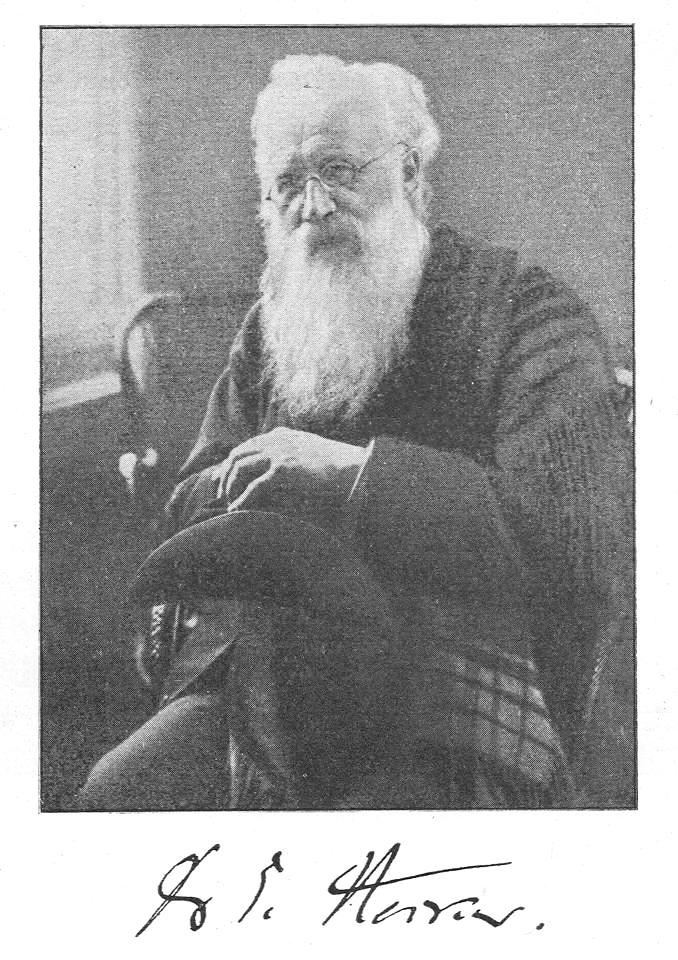Ewald Hecker on:
[Wikipedia]
[Google]
[Amazon]
 Ewald Hecker (20 October 1843, Halle – 11 January 1909,
Ewald Hecker (20 October 1843, Halle – 11 January 1909, Emil Wilhelm Magnus Georg Kraepelin (1856–1926).
''American Journal of Psychiatry.'' Hecker had progressive ideas concerning treatment of the mentally ill, and was an advocate in establishing a humane environment for mental patients. In 1891 he purchased a private psychiatric hospital in
American Journal of Psychiatry, Ewald Hecker
Ewald Hecker: Cyclothymia, a Circular Mood Disorder.
''History of Psychiatry''
 Ewald Hecker (20 October 1843, Halle – 11 January 1909,
Ewald Hecker (20 October 1843, Halle – 11 January 1909, Wiesbaden
Wiesbaden () is a city in central western Germany and the capital of the state of Hesse. , it had 290,955 inhabitants, plus approximately 21,000 United States citizens (mostly associated with the United States Army). The Wiesbaden urban area ...
) was a German psychiatrist who was an important figure in the early days of modern psychiatry
Psychiatry is the specialty (medicine), medical specialty devoted to the diagnosis, prevention, and treatment of mental disorders. These include various maladaptations related to mood, behaviour, cognition, and perceptions. See glossary of psych ...
. He is known for research done with his mentor, psychiatrist Karl Ludwig Kahlbaum
Karl Ludwig Kahlbaum (28 December 1828 – 15 April 1899) was a German psychiatrist.
Life and career
In 1855 he received his medical doctorate at Berlin, and subsequently worked as a physician at the mental asylum in Wehlau. For a period he wa ...
(1828-1899).
In the early 1870s Kahlbaum and Hecker did a series of studies on young psychotic
Psychosis is a condition of the mind that results in difficulties determining what is real and what is not real. Symptoms may include delusions and hallucinations, among other features. Additional symptoms are incoherent speech and behavior t ...
patients at Kahlbaum's clinic in Görlitz, Prussia. Together they provided clinical analyses of the mentally ill, and arranged their disorders into specific, descriptive categories. It was during this period that Hecker developed the concepts of hebephrenia and cyclothymia
Cyclothymia ( ), also known as cyclothymic disorder, psychothemia/psychothymia, bipolar III, affective personality disorder and cyclothymic personality disorder, is a mental and behavioural disorder that involves numerous periods of symptoms of ...
. He described hebephrenia as a disorder that begins in adolescence with erratic behaviour followed by a rapid decline of all mental functions, and cyclothymia as a cyclical mood disorder.
The pioneering research of Kahlbaum and Hecker proposed the existence of more than one discrete psychiatric disorder, which contrasted with the concept of "unitary psychosis Unitary psychosis (''Einheitspsychose'') refers to the 19th-century belief prevalent in German psychiatry until the era of Emil Kraepelin that all forms of psychosis were surface variations of a single underlying disease process. According to this m ...
" that maintained all psychiatric symptoms were manifestations of a single mental disorder.''American Journal of Psychiatry.'' Hecker had progressive ideas concerning treatment of the mentally ill, and was an advocate in establishing a humane environment for mental patients. In 1891 he purchased a private psychiatric hospital in
Wiesbaden
Wiesbaden () is a city in central western Germany and the capital of the state of Hesse. , it had 290,955 inhabitants, plus approximately 21,000 United States citizens (mostly associated with the United States Army). The Wiesbaden urban area ...
.
References
Further reading
* ''On the Origin of the Clinical Standpoint in Psychiatry'': By Dr Ewald Hecker in GörlitzAmerican Journal of Psychiatry, Ewald Hecker
Ewald Hecker: Cyclothymia, a Circular Mood Disorder.
''History of Psychiatry''
External links
* * {{DEFAULTSORT:Hecker, Ewald German psychiatrists 1843 births 1909 deaths Bipolar disorder researchers People from Halle (Saale) History of psychiatry